Too many differences of opinion have led many member states to demand reform of the United Nations Security Council.
Panorama of a meeting of the United Nations Security Council. Photo: THX
Recently, United Nations (UN) Secretary-General Antonio Guterres declared that it is time to reform the entire United Nations (UN) Security Council to suit the "reality of today's world ".
“In the face of economic shocks from the Covid-19 pandemic and the Russia-Ukraine conflict, the system has failed to perform its core function as a global safety net,” Mr. Guterres stressed.
Previously, French President Emmanuel Macron also called for reform of the UN Security Council, expanding the number of permanent members to increase the representation of the international community. The French leader stated: "I want to reform the UN Security Council to be more representative, this body needs to welcome new permanent members to be able to fully promote its role, as well as limit the abuse of the veto power."
Several other countries, including the United States, Japan, and Germany, also support reform of the UN Security Council. US National Security Advisor Jake Sullivan said that US President Joe Biden plans to push for reform of the UN Security Council to ensure its effectiveness.
Sharing the same view, Japanese Prime Minister Fumio Kishida also called for reform of the UN Security Council, urging the world to reaffirm the importance of the rules-based international order. Mr. Kishida also urged world leaders to take advantage of the UN Summit on the Future, scheduled to take place in 2024, to launch comprehensive discussions on UN reform.
Currently, the UNSC consists of 15 member countries, including 5 permanent members (P5 group) and 10 non-permanent members (E10 group) elected by the UN General Assembly for a two-year term on the basis of equitable geographical distribution and taking into account their contributions to the purposes and objectives of the UN. However, the 5 permanent members including the US, UK, Russia, France and China hold veto power, allowing them to block the adoption of any resolution. It is this factor that has recently caused many UNSC resolutions on the conflict between Russia and Ukraine, sanctions against China, North Korea or resolutions related to Syria, Iraq... to not be adopted.
This is noted in the 2022 report of the UNSC when there were 276 public meetings convened (246 more than in 2021) but only 7 statements were adopted by the President of the UNSC. This number is much less than the 24 presidential statements adopted in 2021.
The above indicators also show that the role of connecting the P5 group with developing countries outside the UNSC assigned to the 10 members elected in rotation for two-year terms (the E10 group) is also becoming less and less effective.
Therefore, many countries have suggested that the UN Security Council should be expanded to increase fair representation among regions, especially Africa, Asia, Latin America and developing countries. However, how to expand membership and which countries will be selected remains a matter of debate.
There are two potential reform contents, one is to expand the UNSC members from 15 to 25 members. The second is to give priority to permanent members from Africa. This idea has received consensus from all members of the P5 group as well as from the UN General Assembly. |
HN synthesis
Source link


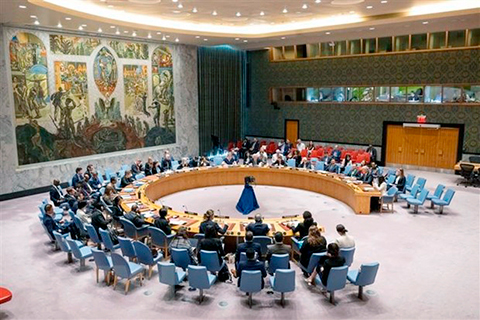









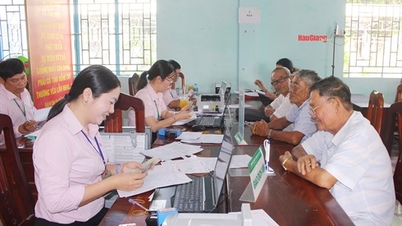















































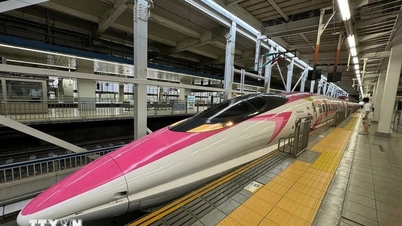


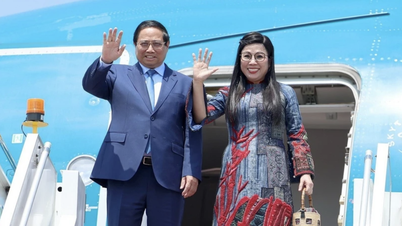
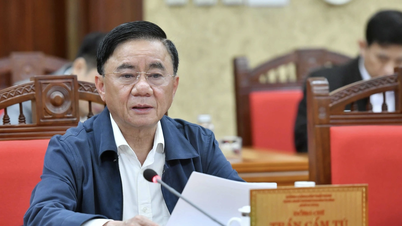








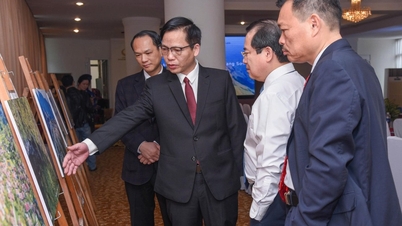







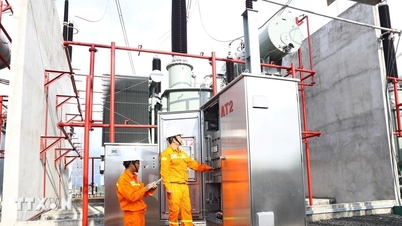














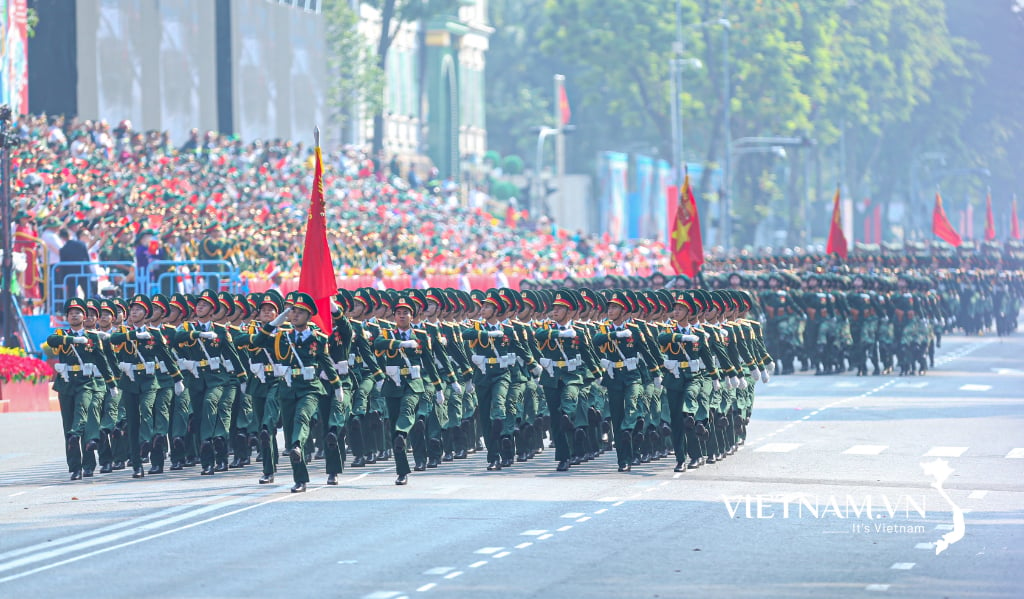

Comment (0)